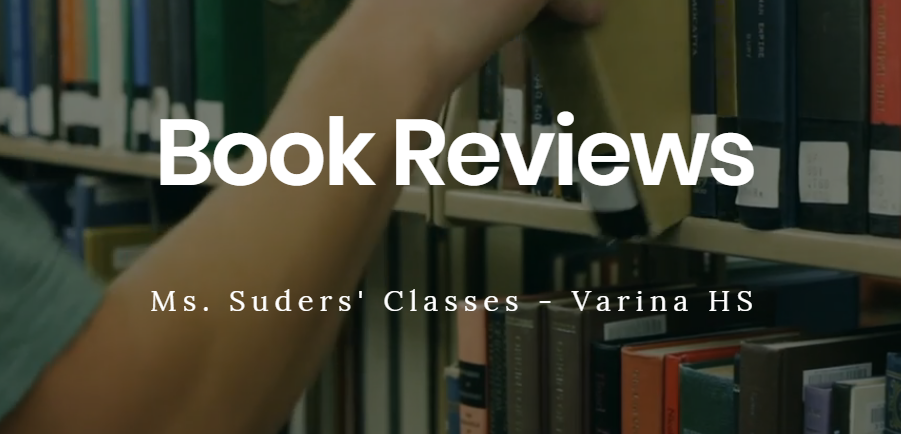Submitted by: Jon Morris and Jim Dow
School: J.R. Tucker High School
Summary
Students began with a close re-read of a given portion of the text. Then, students used a discussion board telling how reality TV in the novel negatively impacted the relationship between two main characters. A fishbowl/Socratic Seminar combining the discussion board comments and oral comments took place. Then, students chose a reality TV show, researched the show with information literacy support from discussion board questions and class discussion, again, using real-time fishbowl/Socratic Seminar techniques. Then, students synthesized the information for a comparison paragraph and evaluation telling how the reality TV of today compares with that in the novel. Student compiled their evaluations through a blog and a collaborative document. Finally, student reflected on the ratings of their peers by commenting on blog posts and reflecting on the collaborative document. Students discussed action they and others could take regarding the reality shows based on the evaluations in the collaborative document.
TIPC Ratings
Research and Information Fluency:
APPROACHING – Students had to assemble and synthesize information from their research and analysis of the novel in order to evaluate current reality TV and answer the essential questions. This is an authentic task because it examines reality TV of today and the effect it has on real people and society. Students also used a Google collaborative document to display and share the ratings of all TV shows on a scale that compares it to the novel.
Communication and Collaboration:
TARGET – Students were engaged meaningful communication in all parts of the lesson. The first two discussion board tasks were combined with full-class oral discussions in what because a fishbowl type/Socratic Seminar discussion where students could comment online and/or take part in oral discussion in a fluid fashion. The teacher lead this by projecting the discussion board on a screen, highlighting student comments, and following them up with questions to students that asked them to dig deeper in their thinking and allowed other students to ask questions and provide feedback. This type of discussion would not have been possible without the use of digital tools, and therefore, went beyond the confines of the traditional classroom. The final paragraph blog post was evaluated in a more formal way by the teacher for elements of writing (prepositional phrases) and how it addressed the essential questions. Students also reflected on the ratings of the shows by their peers using the collaborative Google document by viewing and discussion what action could be taken by individuals and society based on the compiled information.
Critical Thinking and Problem Solving:
TARGET – This lesson provided students with the opportunity for a lot of critical thinking from a close analysis of the text to internet research, to answering essential questions that required synthesis of ideas. Also, students were supported each step of the way by each other and by the teacher through discussion boards, a blog, and oral discussion. Students also reflected on the ratings of the shows by their peers using the collaborative Google document by viewing and discussion what action could be taken by individuals and society based on the compiled information.
Creativity and Innovation:
APPROACHING – The authentic task of having students evaluate the societal and interpersonal impact of a reality TV show provided students with the opportunity to synthesize information from a variety of sources and created a meaningful work in the collaborative rating document that has real meaning for today’s student and for our society in general.





